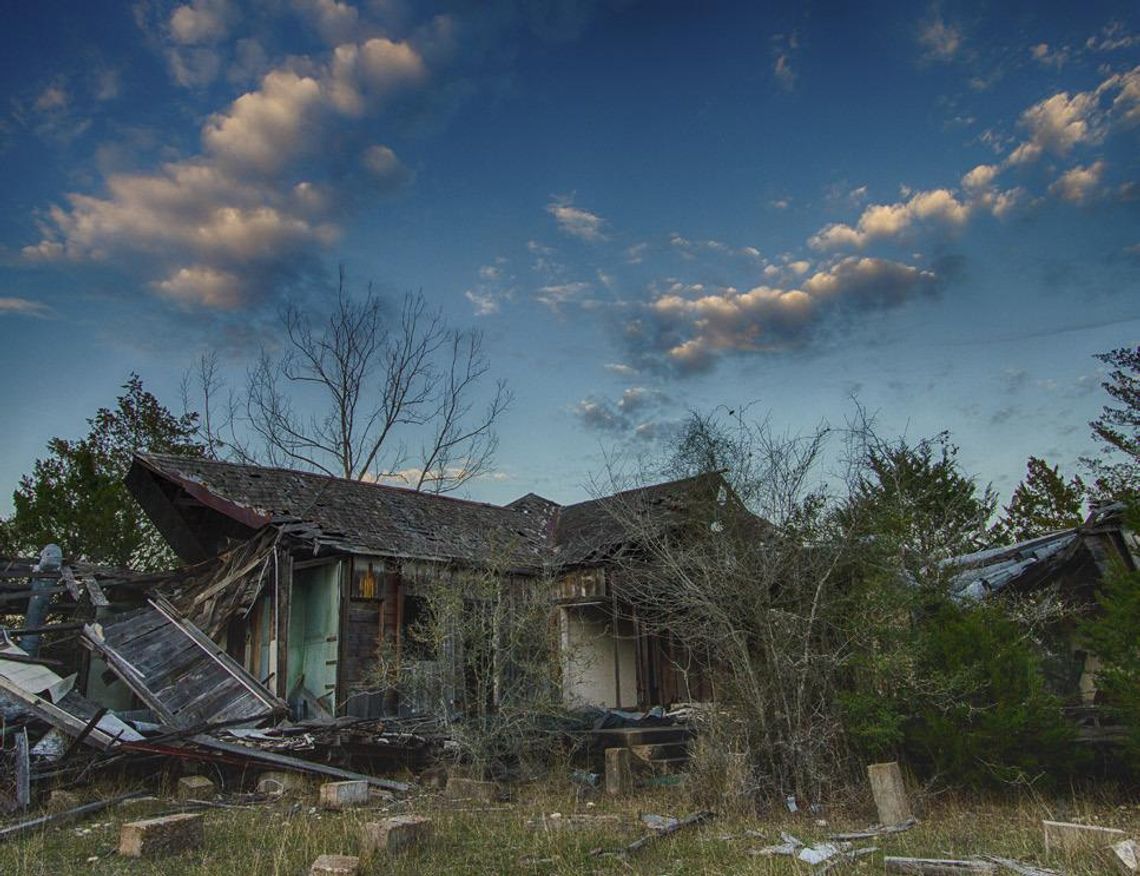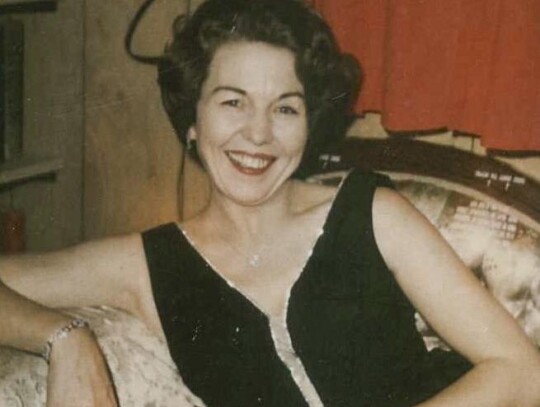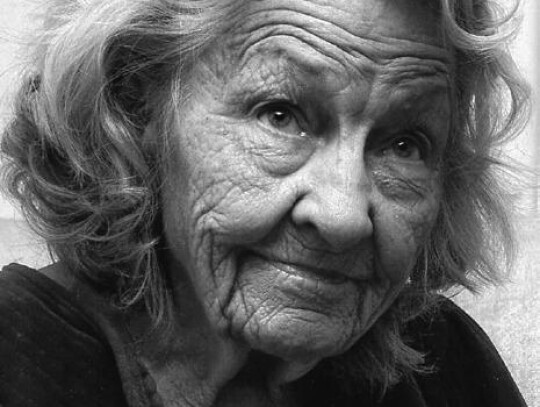The infamous Chicken Ranch brothel of La Grange, Texas, closed a half century ago and the History Press is marking that historical milestone with the June 26 publication of the 50th anniversary edition of Inside the Texas Chicken Ranch: The Definitive Account of the Best Little Whorehouse.
Revised, updated and expanded, the new edition of the landmark book brings more of the Chicken Ranch’s history to light, including additional interviews and new insights into the lives of Jessie Williams and Edna Milton, the two madams who consecutively owned and operated the brothel as its fame grew throughout much of the 20th century.
“Almost from the moment the first edition arrived in bookstores local historians, genealogists and even eyewitnesses began approaching me at book signings, online or through old-fashioned letters,” said author Jayme Lynn Blaschke. “They shared their research and experience with me freely. They felt a connection with this history and wanted to help me tell more of the story, and tell it as accurately as possible. They understood this is an important part of Texas history. This 50th anniversary edition would not have happened without them.”
The Chicken Ranch closed on Aug. 1, 1973, on the orders of Texas Governor Dolph Briscoe, following a series of broadcast reports by Houston consumer advocate Marvin Zindler. The high-profile closure marked the end of a 58-year run which saw the brothel operating more or less openly with the tacit support of state politsicians and law enforcement. At the time of its 1915 relocation outside of La Grange city limits by Williams, the brothel claimed a history dating back to 1844, when Texas was still an independent nation. “When I interviewed her, Edna claimed the Chicken Ranch had a grandfather exemption, as its operations long predated the criminalization of prostitution in Texas,” Blaschke said. “I’m not sure her claim would’ve held up in court, but the question is moot. Once Edna saw her political allies deserting her—broadcast news really was a disruptive newcomer to Texas back in 1973 and terrified the state’s power brokers— she lost the will to fight it out. I’m sure a great many powerful men in Texas let out a sigh of relief at that point.”
For its part, the Chicken Ranch refused to fade away quietly. Zindler and Fayette County Sheriff Jim Flournoy got into a literal street brawl one year later, resulting in hospitalization, lawsuits and litigation for years to come. The Tony Award-winning musical, The Best Little Whorehouse in Texas, told the story of the demise of the Chicken Ranch in song and dance for a whopping 1,584 performances and spawned a hit movie of the same name starring Dolly Parton and Burt Reynolds. An attempt to develop the property as a museum and tourist attraction in the 1980s ended with lawsuits and acrimony, and a planned Y2K party at the site imploded when the sheriff and county judge arrived threatening mass arrests. The Chicken Ranch’s unparalleled ability to generate controversy continues unabated even in 2023—an adjacent landowner has blocked access to the property, going so far as to change the locks on the gates and threaten trespassing charges against the current Chicken Ranch owner if they so much as set foot on the site.
“I wouldn’t go so far as to say the site is cursed, but it definitely provokes wildly irrational behavior in some people,” Blaschke said. “Most people I’ve met in La Grange are curious about the history and see it as a part of the overall Texas story. There’s a handful, though, who hate it passionately and are determined to bury it by any means possible.
“That is a fool’s errand. Inside of 10 years the Chicken Ranch went from a minor, local scandal to folklore, then made the leap into mythology,” he said. “These half-baked attempts to cover up this history only serves to bring more attention to it. This particular genie is never going back into the bottle.”










